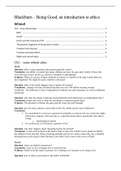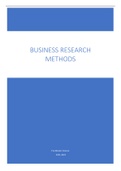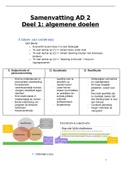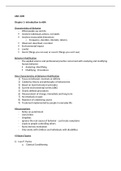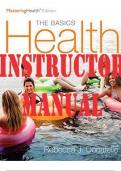Samenvatting
Summary Being Good: A Short Introduction to Ethics, ISBN: 9780191647314 Philosophy Of Science And Ethics (GEO2-2142)
- Instelling
- Universiteit Utrecht (UU)
Summary chapter 8 to 15 Simone Blackburn: being good a short introduction to ethics. The summary makes use of the well-known question-conclusion-evidence method of summarizing large texts. Key terms are coloured green and philosophers are coloured blue. Excellent summary for people who do not have ...
[Meer zien]
